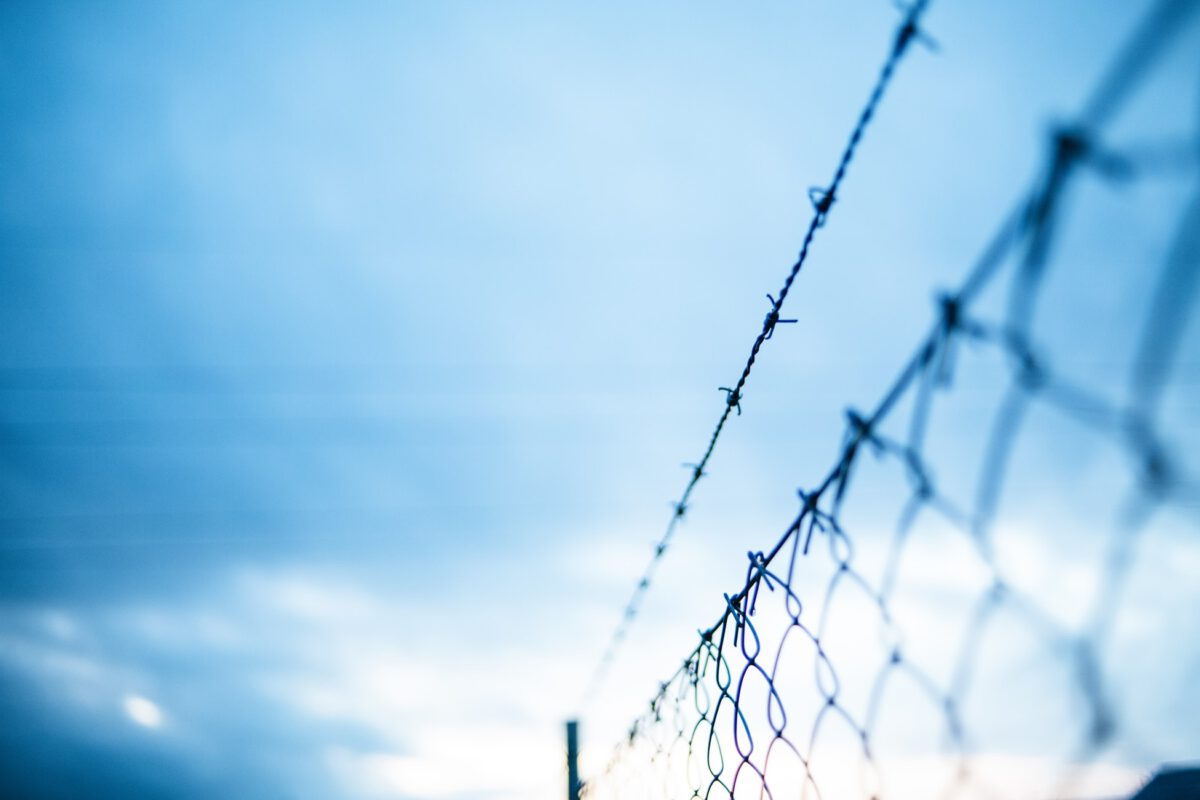Refugees are deprived of their rights at Latvia's external EU border

On August 10, 2021, Latvia declared a state of emergency in four border regions with Belarus due to increasing numbers of refugees. As a result of this decree, the military will be sent to the border, the right of asylum in these areas will be suspended, and consequently most of the refugees will be forcibly pushed back to Belarus. In addition Press and NGOs access to those regions is prohibited, which prevents independent monitoring of the situation and humanitarian assistance, as well as access to due process. Amnesty International has been monitoring the situation at the border for over a year now, interviewing border officials and refugees, and has published the results in its report here published.
In the summer of 2021, the Latvian government declared the border regions an exceptional area. The Latvian government legitimized this action with the fact that refugees from Belarus against Latvia instrumentalized would be. The declaration of a State of emergency allows a state to restrict certain human rights in extreme circumstances when there is a threat to the life of the nation. Although the numbers of people attempting to cross the border into Latvia have decreased massively, to vanishingly small, the Latvian government has continued to extend its measures. They are currently still in effect, although in August just 35 official Asylum applications in Latvia have been placed. That this number is not a âthreat to the life of the nationâ is obvious.
Protection seekers stuck
The statements of the interviewees show that Latvia massively violates human rights at its borders and that people are sometimes stuck in the border area for months. There, the Belarusian and Latvian border guards alternately force them back and forth across the border in both directions. One refugee reports that he has been stuck in the border region for over 3 months and has been pushed across the border more than 150 times in total, with a maximum of up to eight pushbacks in a single day. A typical horror trip in the limbo of the border region looks like this: The asylum seekers try to cross the green border through the forest to Latvian territory to apply for asylum. On Latvian territory they are picked up by border guards and taken to unregistered tent camps somewhere in the forest, far away from civil society, press and NGOs. Here, border guards in official uniforms are replaced by so-called commandos. Men, with rapid-fire weapons, hooded faces, and dressed entirely in black, without any identifying marks as belonging to any official authority. These commandos harass, beat and abuse the detainees. They use batons and stun guns, – sometimes even on their genitals. Their cell phones and valuables are taken from them. The shelter seekers have to sleep overnight in a tent in the middle of the forest, sometimes outdoors, at up to -20 degrees. The commandos also take away their lighters, the only way to make a fire to warm themselves against the cold temperatures and to protect themselves against wolves and bears. Often in the early morning hours, the refugees are bussed back to the border with Belarus and have to walk the rest of the way back through the forest.
In Belarus
In Belarusian territory, the people are forced by the border guards at gunpoint to make their way back through the forest towards Latvia. Thus, the fugitives are pushed back and forth between the two countries for weeks and months. In the tent camps, somewhere in the forest, there are no sanitary facilities. The forest in the border areas is full of cameras, which almost always allows border guards to catch the fugitives before they make it further into the country. In this limbo, between the borders, people are defencelessly exposed to violence and cold, without any access to an asylum procedure, which they would be entitled to under EU law and the Geneva Refugee Convention.
Compulsion to return
In order to escape this hell, the people on the run are coerced into signing so-called return contracts, in order to be able to be deported to their countries of origin. In Latvia, the International Organization for Migration (IOM) these repatriations. In at least two documented cases, refugees have made IOM officials aware that they are not doing so voluntarily and do not want to return to their home countries, but they have been ignored. Amnesty International is searching for over 30 people who are missing.
Latvia violates EU law
The Latvian government claimed against the EU Committee The European Union's Federal Minister for Civil Liberties, Justice and Home Affairs has demanded that all people who are apprehended by border guards in the border areas be taken to refugee shelters where they can apply for asylum. However, the Amnesty report shows that this is rarely the case. The Situations on the Polish-Belarusian border and on the Lithuanian-Belarusian border are similar. In June 2022 decided the Court of Justice of the European Union that the Lithuanian Asylum and Migration Law, which restricts the ability of people to apply for asylum during the state of emergency and provides for the automatic detention of asylum seekers, is not compatible with EU law. However, nothing has changed in practice.